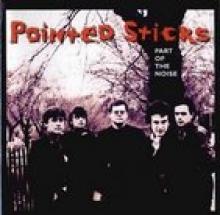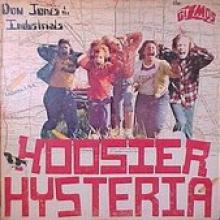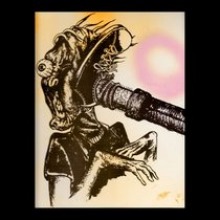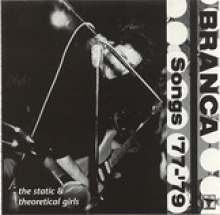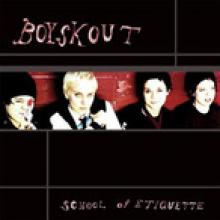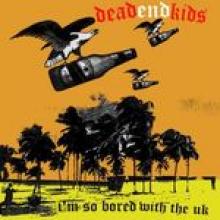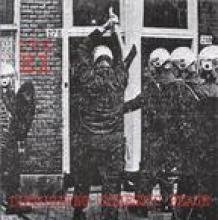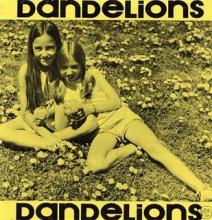The Pointed Sticks: Canuck Punk
Hearing aggressive music from Canada is always a bit confusing. Toronto is the cleanest big city I've ever seen and British Columbia is world renowned for weed. But in any environment, there can - and perhaps should be - unrest. The Pointed Sticks, in addition to recording a few singles, set down twelve tracks in 1980 that comprised Perfect Youth. But seeing as the band toured only briefly during it's hey day, the LP is probably in short supply. For nearly twenty five years those tracks were all too difficult to hunt down, but in '95 Part of the Noise, which included most of that proper disc in addition to some odds and sods, was released.
Amongst the engorged crop of power pop bands at the time the band began recording, it was probably difficult to secure a record deal with any sort of reputable outlet - but the Pointed Sticks did. Signing to Stiff Records should have ensured their renown. But due to monetary problems at the label, the band never headed back to the studio. That's obviously to the detriment of the individuals in the group, but the Diodes headed back for more and look what happened to those guys.
The way in which this compilation is sequenced, though, breaks up the original album's track listing and groups together the songs that don't sport any keys or saxophone towards the beginning of the disc. It works out pretty well and on "You Must Be Crazy" finds the Pointed Sticks sounding pretty close to the Buzzcocks on the Spiral Scratch EP.
Who knows what would have been, though. The frantic pacing of tracks like "All I Could Take" point to the band's love affair with a speedy tempo, so perhaps they wouldn't have fallen prey to the lesser trappings of new wave and power pop.
A reformed version of the group toured a bit a few years back subsequent to the proper re-release of Perfect Youth. Thankfully, though, there haven't been any new recordings put out. Hearing this compilation - which could be considered superior to the reissued, proper studio disc - should enervate all but the pickiest punkers. The melodies are sugary, the tempo never lets up and those oft troublesome keyboards are, for the most part, a well integrated part of the Pointed Sticks.
